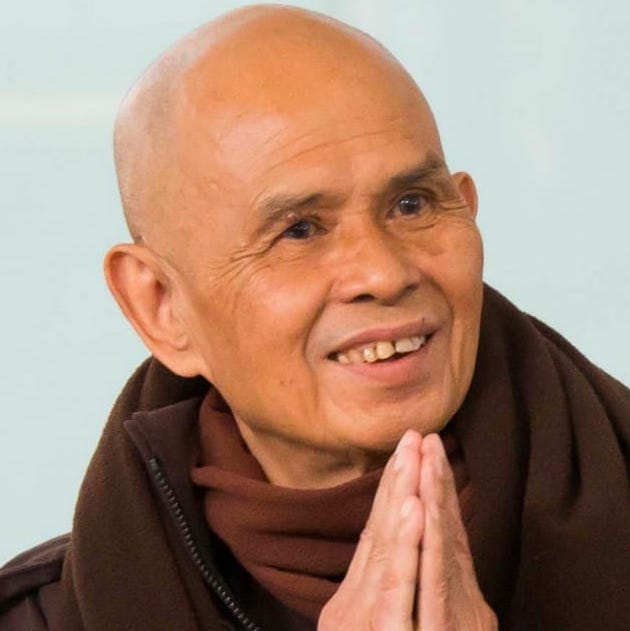Perspectives on 'What is war?'
Your progress:
of
Perspectives

Reach the heart of any Perspective
The experience of war

"War is the only adventure the average person may expect to have in his life"
Your response:
Sign in
0
0
X



Reach the Heart of a Perspective
Topic:
What is war?
War is the only adventure the average person may expect to have in his life
“Another important factor for the possibility of war is the deeply ingrained feeling of respect for and awe of authority. The soldier had traditionally been made to feel that to obey his leaders was a moral and religious obligation for the fulfillment of which he should be ready to pay with his life. It took about three to four years of the horror of life in the trenches and growing insight into the fact that they were being used by their leaders for aims of war that had nothing to do with defense, to break down this attitude of obedience, at least in a considerable part of the army and the populations at home.
“There are other, more subtle emotional motivations that make war possible and that have nothing to do with aggression. War is exciting, even if it entails risks for one’s life and much physical suffering. Considering that the life of the average person is boring, routinized, and lacking in adventure, the readiness to go to war must be understood as a desire to put an end ot the boring routine of daily life – and to throw oneself into an adventure, the only adventure, in fact, the average person may expect to have in his life.
“War, to some extent, reverses all values. War encourages deep-seated human impulses, such as altruism and solidarity, to be expressed – impulses that are stunted by the principles of egotism and competition that peacetime life engenders in modern man. Class differences, if not absent, disappear to a considerable extent. In war, man is man again, and has a chance to distinguish himself, regardless of privileges that his social status confers upon him as a citizen. To put it in a very accentuated form: war is an indirect rebellion against the injustice, inequality and boredom governing social life in peacetime, and the fact must not be underestimated that while a soldier fights the enemy for his life, he does not have to fight the members of his own group for food, medical care, shelter, clothing; these are all provided in a kind of perversely socialized system. The fact that war has these positive features.” Erich Fromm, Anatomy of Human Destructiveness, 25
“There are other, more subtle emotional motivations that make war possible and that have nothing to do with aggression. War is exciting, even if it entails risks for one’s life and much physical suffering. Considering that the life of the average person is boring, routinized, and lacking in adventure, the readiness to go to war must be understood as a desire to put an end ot the boring routine of daily life – and to throw oneself into an adventure, the only adventure, in fact, the average person may expect to have in his life.
“War, to some extent, reverses all values. War encourages deep-seated human impulses, such as altruism and solidarity, to be expressed – impulses that are stunted by the principles of egotism and competition that peacetime life engenders in modern man. Class differences, if not absent, disappear to a considerable extent. In war, man is man again, and has a chance to distinguish himself, regardless of privileges that his social status confers upon him as a citizen. To put it in a very accentuated form: war is an indirect rebellion against the injustice, inequality and boredom governing social life in peacetime, and the fact must not be underestimated that while a soldier fights the enemy for his life, he does not have to fight the members of his own group for food, medical care, shelter, clothing; these are all provided in a kind of perversely socialized system. The fact that war has these positive features.” Erich Fromm, Anatomy of Human Destructiveness, 25
Resources
How to Explore a Perspective
Relax, focus. Take a step back and look at the Perspective from all sides. Now, zero in at the center!

What is the Bias?
What assumptions does it make? Whose interests does it serve?
What is your Personal Experience?
How does it make you feel? How do your experiences, privileges, and personal interests affect your understanding of it?
What assumptions does it make? Whose interests does it serve?
What is your Personal Experience?
How does it make you feel? How do your experiences, privileges, and personal interests affect your understanding of it?
Now, enter the heart
▶ Say something good about what you disagree with, even if there are flaws.
▶ Find causes, not symptoms. Ask what lies at the root.
▶ Have respect for people with different views, insights, and priorities!


This is the opinion of Erich Fromm, The Anatomy of Human Destructiveness
